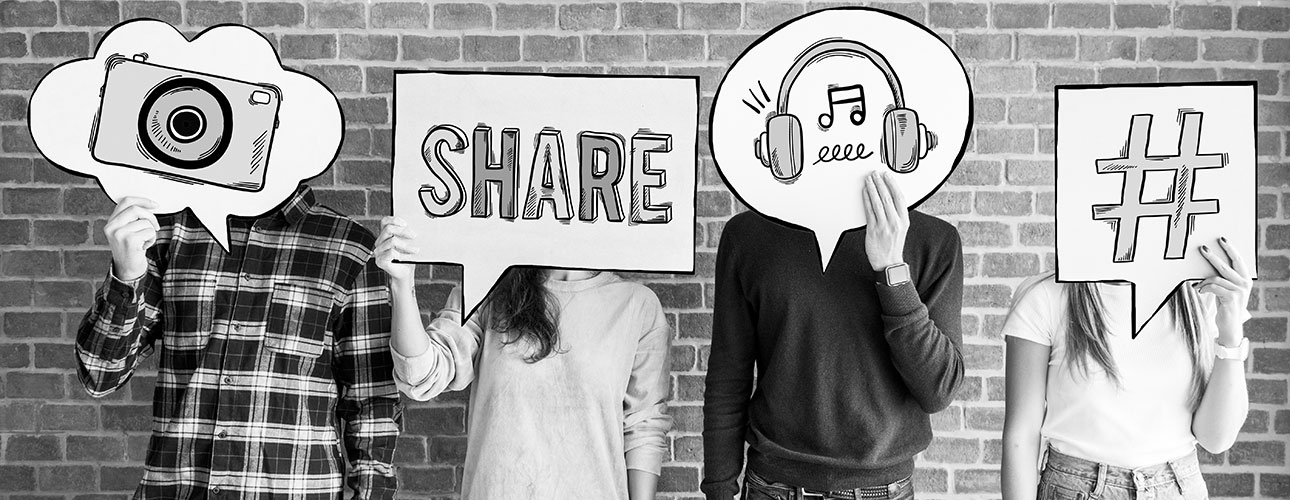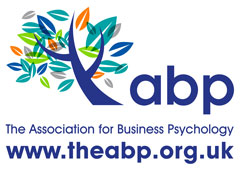Happiness stories from Schopenhauer to Zuckerberg.
During my youth years, I was under the influence of pessimistic philosophers. Of course, the influence of the university’s history of adopting a perspective that is close to philosophy was big. Of course, I know that what the educational life offers us is a dry bowl. We’re the ones who choose hazelnuts, nuts or dried currants. I may have chosen the pessimistic ones from this mixed philosopher’s bowl.
For example; I was very impressed by Arthur Schopenhauer’s notion that happiness is not an ongoing one but rather it is the collection of not unhappy moments.
Would you look at that beauty?
“All limitations make the person happy. The narrower our field of vision, influence, and contact, the happier we are. The wider the more we feel doomed or frightened. Because, with the widening of this area, concerns, wishes, and frightening things increase and grow.”
-Arthur Schopenhauer-
But we were always taught the other way around, right? The more stimuli, the less the limitation, the happier we would be.
The interesting thing is that; philosophers, poets, artists discussed happiness hundreds or even thousands of years. It is no surprise; they couldn’t get anywhere. They usually can’t and they don’t care about it. But nowadays the wind is slightly reversed. We do not discuss whether we can be happy or its methods, we aim to achieve this without any purpose.
One of the most widely used ports is social media tools. They are easy to reach, cheap and they almost have no limits. There’s something for everyone. Like a gigantic dry bowl with all the nutrients of the world, anyone who plunges into it can find something of its own. Everything is the loop to a simple mobile phone or a computer, that’s all.
Well, social media tools are an integral part of our lives. That’s the new normal, but that doesn’t mean we can’t discuss all of this. The new question is; what is the impact of all these social media on our psychology? Do these channels that we hang out really make us happy?
Researchers from the Institute for Happiness Research in Denmark have wondered about this and have started to investigate. The name of the research: “Does Social Media Affect the Quality of Our Lives?” In their research with 1,095 people, they asked some of the participants to continue using their Facebook accounts and some of them applied a Facebook diet.
The results were striking; participants who continued to use Facebook during the experiment were found to be more susceptible to stress by 55%. In addition, participants who stopped using Facebook stated that they experienced “joy of the moment” (18%).
This research shows that one of the main effects of social media is that it causes social comparisons. Instead of focusing on their own needs, people are beginning to focus more on what other people have. For example, social media users who see people sharing photos in moments when they are constantly traveling and happy (!) are always comparing themselves with other people and perceiving their lives as more negative than they are.
Another study by Bollen and colleagues on Twitter users in 2011 reveals how this state of unhappiness has become chronic. Accordingly, unhappy users are more likely to follow other social media users who are unhappy as themselves. So unhappy people, and other unhappy people, including the unfortunate circle of “unhappiness”.
It is really striking that all this research has brought us to the point where a wise man lived 150 years ago. The paradox of choice theory, which reveals that the increase in the number of our findings or choices about the negative feelings of modern psychology and the negative emotions caused by this inability does not make us as happy as we think, supports all of this. In other words, it does not please us that the boundaries of our expansions are expanding.
So, what is the solution, or more pessimistic, is there a solution? What, are we not going to use social media tools, is it realistic? Of course not. However, using it in a balanced way and/or acting with this awareness may have functional consequences. Or we can call the solution formula at Schopenhauer again. What did he say? Back to seclusion! If you can. Good luck with it!
Note: I would like to consider the topic of “the paradox of choice” in another article. But for now, you can check this great TED video by my colleague, Barry Schwartz. It can be useful for enthusiasts.



